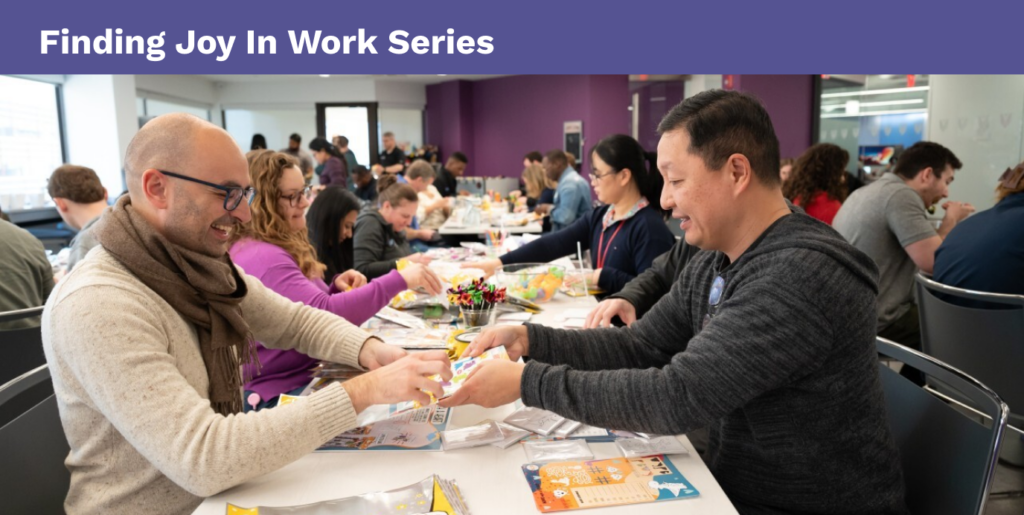One aspect I am deeply passionate about is finding joy in work. This enthusiasm is the motivation behind a six-part series that I will be sharing over the coming months, which includes this introductory article and subsequent pieces covering the following topics:
- Work that fits your personality
- Understanding not just the jigsaw piece, but the entire jigsaw
- Comfort is the enemy
- Satisfaction in excellence
- Earning vs deserving
Before diving into this meaty topic, we need to establish some boundaries. First, my focus will be exclusively on the employee’s perspective. Although joy in work also involves numerous external factors, such as your supervisor, career advancement opportunities, workplace culture, work-life balance, compensation, and colleagues, these elements will not be covered in this series. This is not to dismiss the importance of external factors at all – clearly, your work environment is a huge part of your experience and joy. However, this series is about what we can focus on ourselves that change the way we think about ourselves, our work environment, and work in general.
Second, we will operate under the assumption that work contributes to a sense of life purpose. While some may view work solely as a means to provide for oneself and believe that life can be fully lived outside of work, this perspective does not align with my own. Western work culture, having been influenced by Christian values describes a God who worked for six days during creation and “saw that it was good” – so if God can work and be fulfilled, then why not us? Closer to home for me is the Asian work culture. Malcolm Gladwell, in his book Outliers, describes Asian culture shaped by the work ethic of rice farmers where crop yields were directly related to not just to hard work, but “becoming smarter, by being better managers of their own time, and by making better choices”. Regardless of personal beliefs or cultural backgrounds, it is reasonable to agree that, since most of us cannot avoid work entirely, it is worth striving to make it at least enjoyable or, even better, to make it fulfilling.
The last notion, and perhaps the most important, is that joy does not equate to happiness. Here’s an example from my own life. My first ever job, which was during my first year of medical school, was working at the post office just prior to the holiday season. My primary role was to sort parcels and haul 50 lb bags of mail into trucks. Every day was a joy since I was doing something useful during my vacation, earning good pay, and even appreciating the workout hauling mailbags despite the fact that most of the work was monotonous. Importantly, I did this with full knowledge that we would be going back to med school with hopefully a bright future ahead. In contrast, there were some full-time employees at the post office who had no other employment options, and appeared disgruntled and trapped.
So, if joy is not happiness, what is it? I believe joy is a deeper sense of fundamental fulfillment—a harmony between your role and your true self. Joy can arise from fulfilling your personal aspirations through your work, finding a true fit between your personality and your work, and taking pride in the outcomes of your efforts.
Is this possible? I believe it is. There are those who are skeptical even now – please be patient, and I challenge you that perhaps the reason you are disagreeing is because you haven’t found that fulfillment yet. Stay tuned for the next article, where we will explore finding work that fits your personality.
